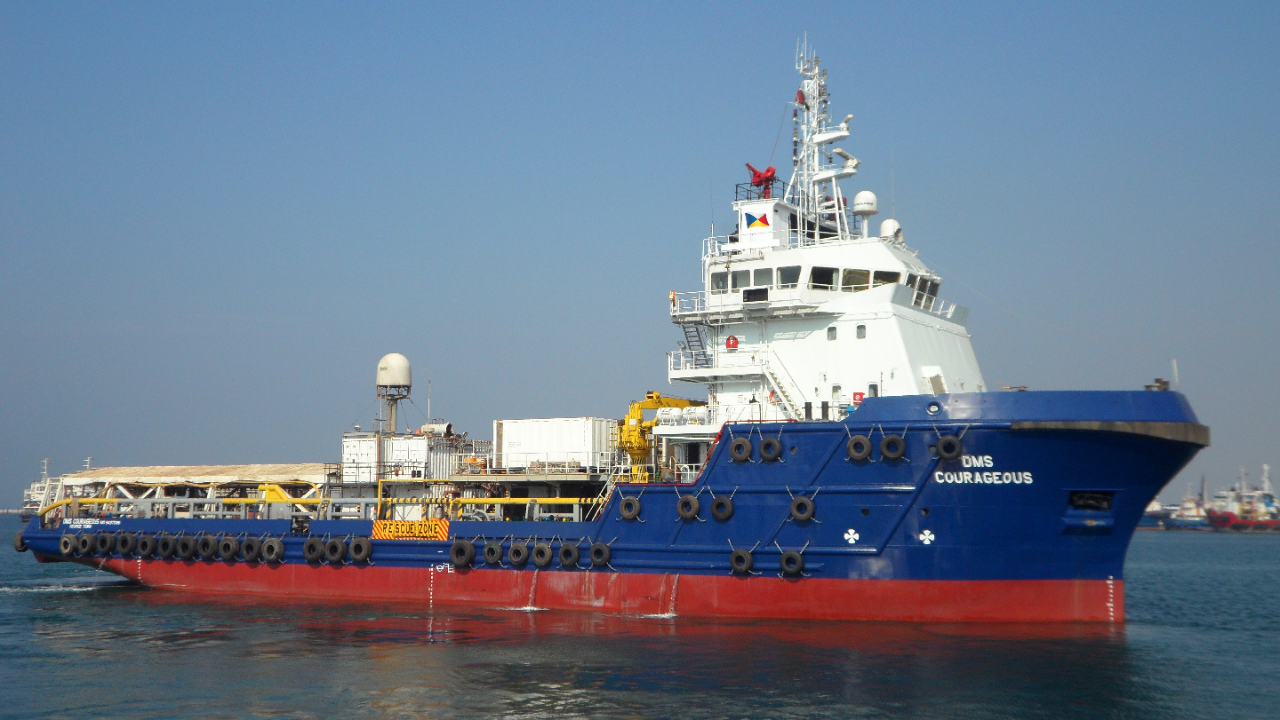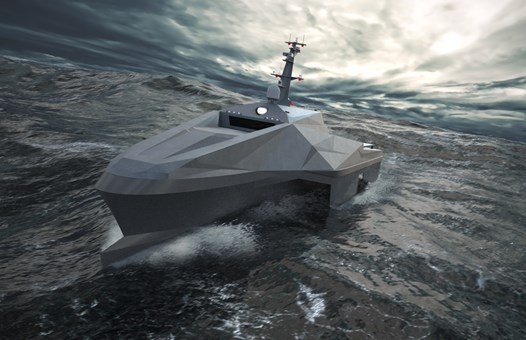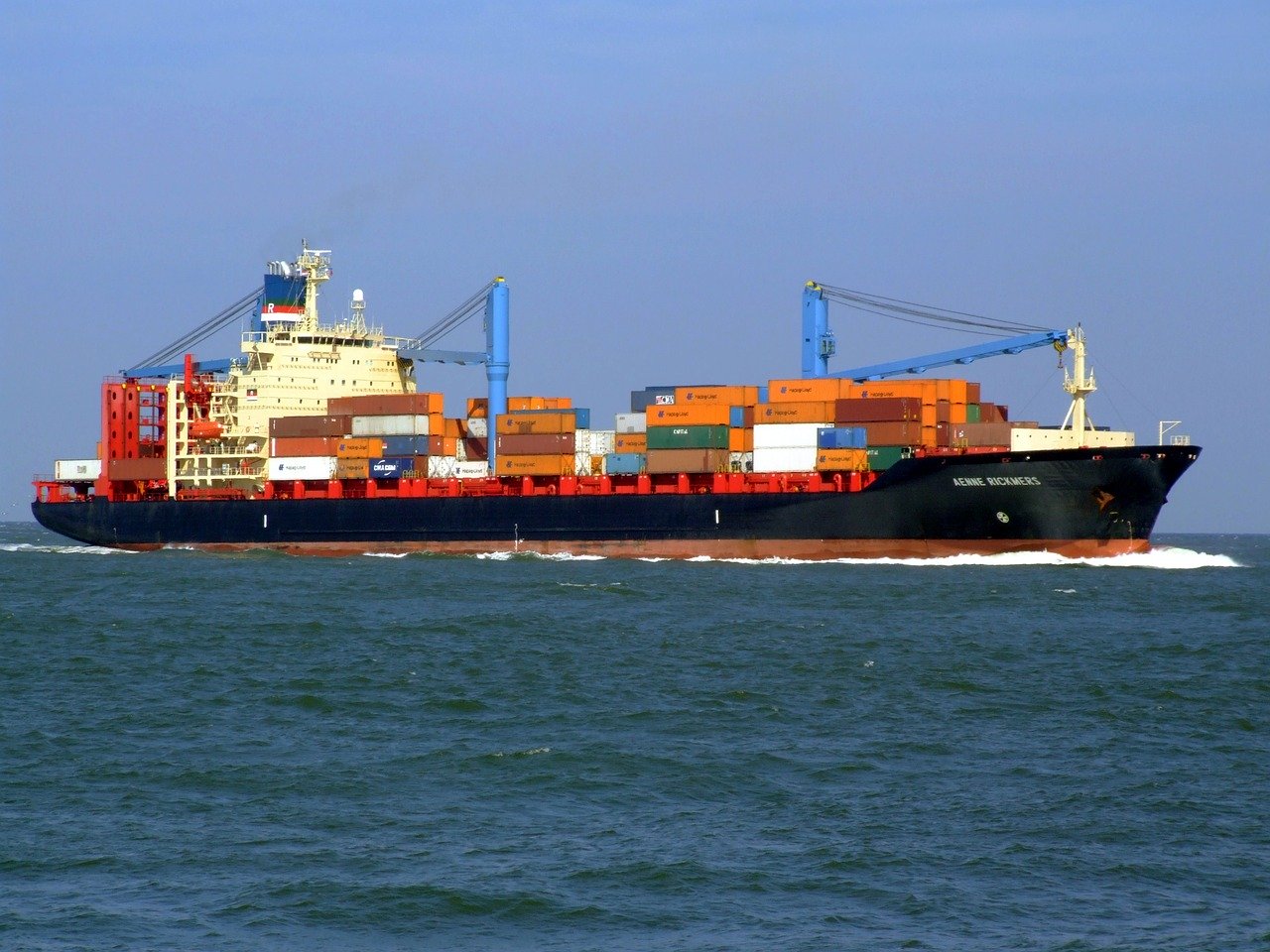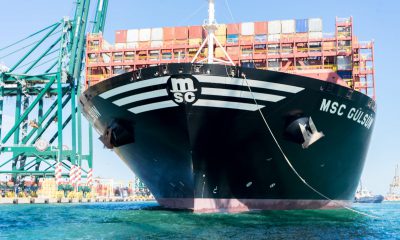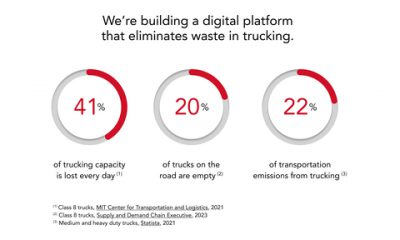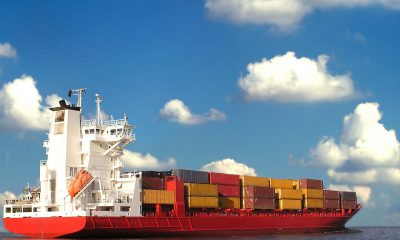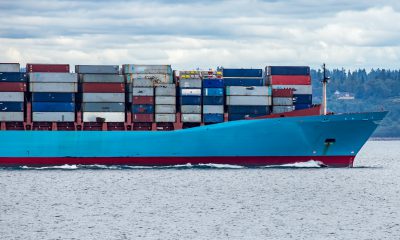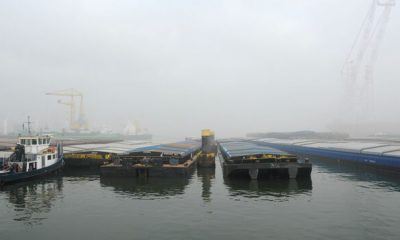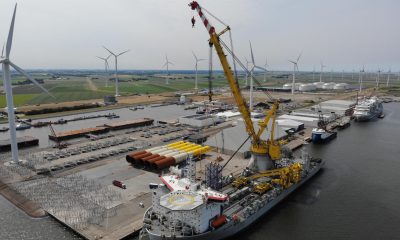ABS and P&O Maritime Logistics (POML) have agreed to a pioneering condition-based class (CBC) pilot project for the platform supply vessel (PSV), DMS Courageous.
The historic agreement will see the vessel become the first to utilize ABS Nautical Systems® as the computerized maintenance management system to transmit planned maintenance data and condition-based maintenance activities to ABS, for the purpose of potentially crediting class survey requirements.
ABS CBC will enable less intrusive surveys of hull and machinery systems through alternative means of verification of compliance to specific survey requirements.
Delivered in three progressive phases, the project focuses initially on improving alternative means of compliance verification, then expanding and evolving to apply remote survey techniques, and ultimately leveraging predictive capabilities to transform the Class process and create efficiencies in onboard surveys.
“We are taking bold steps today that demonstrate the evolution of maritime safety in a digital world. Not only does this show how we are leading the industry in delivering next generation services, it underscores our commitment to harnessing the potential of digital technologies for the benefit of our clients and members,” said Christopher J. Wiernicki, ABS Chairman, President and CEO.
Martin Helweg, Chief Operating Officer of P&O Maritime Logistics, said: “A cardinal element to our future is our continued disruption of the segments in which we operate – pushing ourselves to implement solutions which challenge conventional thinking methods. Our customer demands are increasingly shifting towards advanced services, and in response we began to digitize aspects of our service offering to optimize the supply chain. Through partnerships with companies like ABS, we continue to offer and deliver a difference which drives value for our customers.”
The technology will not only allow POML to further streamline its maintenance and management organization to reduce OPEX, but will also improve processes through leveraging new technologies.
The DMS Courageous project builds on the longstanding relationship between ABS and POML. The project utilizes ABS’ Remote Survey offerings and the ABS Guide on Smart Function for Marine Vessels and Offshore Units which introduced the industry’s first notations on Smart technology applications. This, in turn, supports the development of condition-based approaches to enhance safety and increase vessel operating time. Recently, the Caspian Voyager, POML’s largest modern PSV in the Caspian Sea, entered into an ABS extended dry-docking scheme, intended to begin the CBC process, with the goal of enrolling the entire fleet into the ABS CBC program within the next five years.
